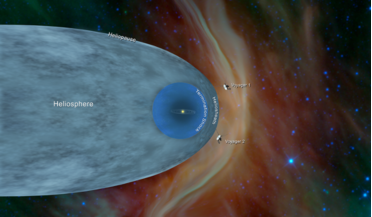 11 December 2018
Voyager 2 joins its twin in interstellar space
11 December 2018
Voyager 2 joins its twin in interstellar space
..., principal investigator for the PLS instrument and a principal research scientist at the Massachusetts Institute of Technology in Cambridge. The PLS instrument aboard Voyager 1 stopped working in 1980 long before that probe crossed the heliopause...
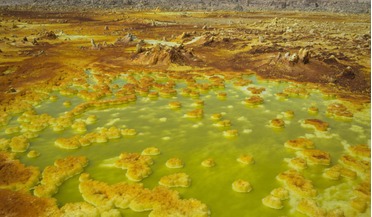 15 July 2019
New study says silica aerogel could make Mars habitable
15 July 2019
New study says silica aerogel could make Mars habitable
... modification are currently well beyond human capability for the foreseeable future, so Robin Wordsworth of Harvard University, Cambridge, MA, USA and colleagues looked at the problem from a completely different angle; a thin and durable substance...
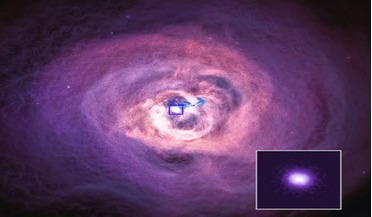 20 March 2020
Missing particle a major blow for "Theory of Everything"
20 March 2020
Missing particle a major blow for "Theory of Everything"
... and so should be easier to spot. With this in mind, a team of astronomers led Christopher Reynolds at the University of Cambridge in the UK, looked for signs of conversion by axion-like particles in material falling towards the supermassive black...
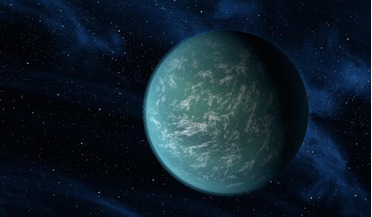 04 May 2020
Exoplanets with hydrogen-rich atmospheres could harbour life
04 May 2020
Exoplanets with hydrogen-rich atmospheres could harbour life
... of life in these environments is lacking. To address this shortfall, Sara Seager at Massachusetts Institute of Technology, Cambridge, US and colleagues conducted laboratory-based tests on two single-celled microorganisms, escherichia coli and yeast...
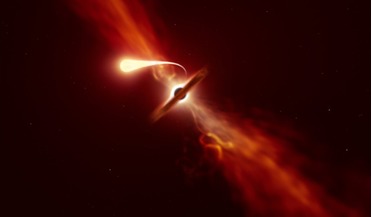 12 October 2020
Rarely detected star shredding event caught in unprecedented detail
12 October 2020
Rarely detected star shredding event caught in unprecedented detail
... says study author Thomas Wevers, an ESO Fellow in Santiago, Chile, who was at the Institute of Astronomy, University of Cambridge, UK, when he conducted the work. “We immediately pointed a suite of ground-based and space telescopes in that direction...
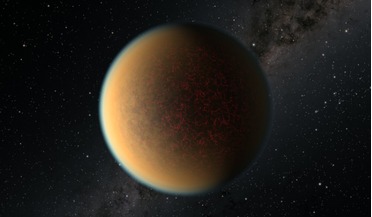 12 March 2021
Scientists find a rocky exoplanet rebuilding its atmosphere
12 March 2021
Scientists find a rocky exoplanet rebuilding its atmosphere
... planet, and so it is a window onto the geology of another world,” explained team member Paul Rimmer of the University of Cambridge, UK. “A lot more work needs to be done to properly look through it, but the discovery of this window is of great...